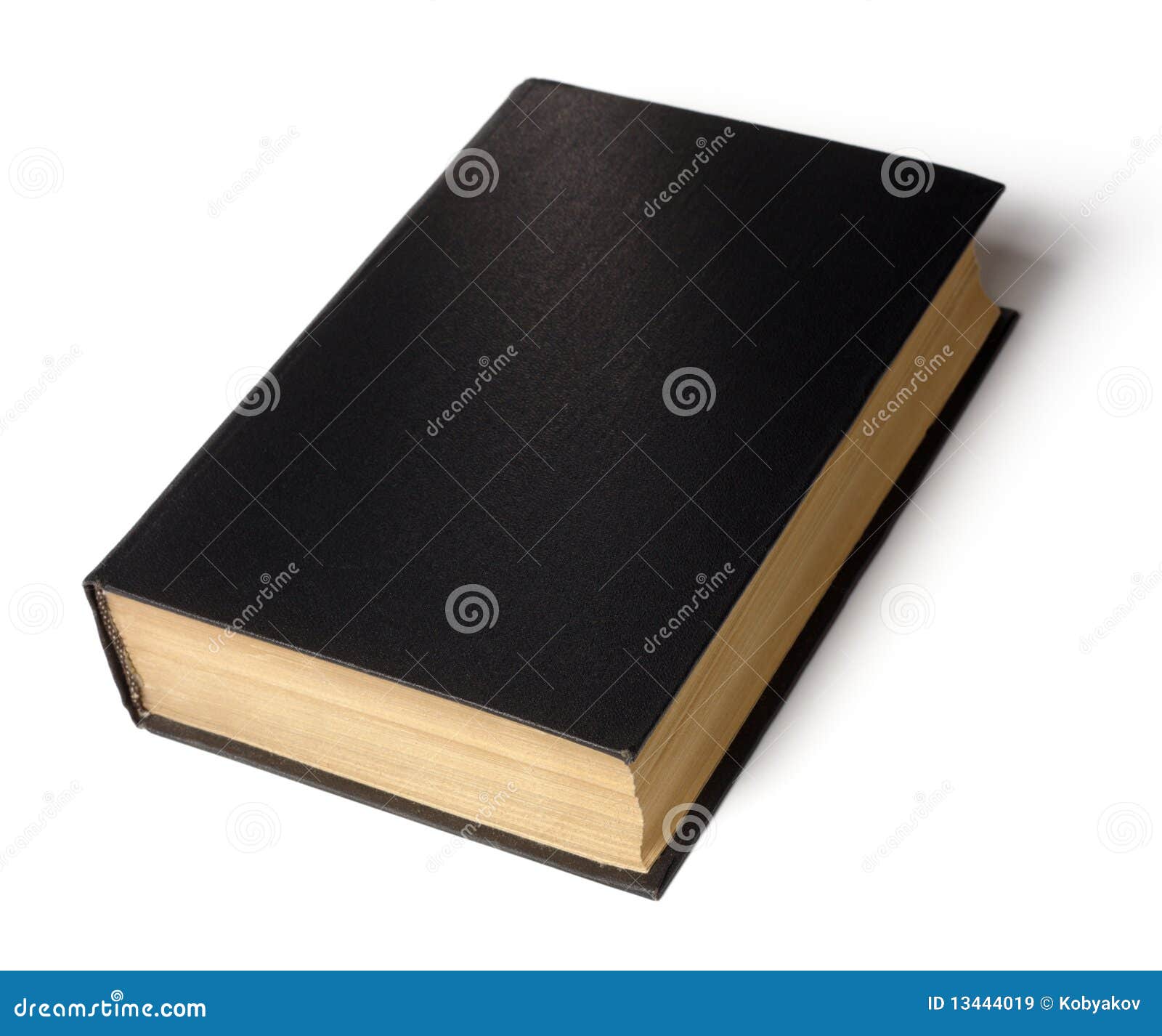

Books black women dating - well understand
You: Books black women dating
| Dating sites in france for free | Dating app for tattooed singles |
| Dating abstinent girl | |
| Free dating site in european | 388 |
15 Books to Read by Black Female American Writers
Nelson George, Samuel R. Delany, Major Jackson and others tell us about some of their favorite works of literature.
For our 2018 Holiday issue, out Dec. 2, T assembled 32 black male writers, who, with their peers, are producing literature that is essential to how we understand our country and its place in the world right now. “When I was asked to consider the particularities of the current landscape, I wondered if a focus on male achievement might obscure the equally unprecedented successes of African-American women,” writes Ayana Mathis in her accompanying essay. “And does that question undermine this extraordinary moment for black male writers?” She admits she hasn’t found a sufficient answer to this question, “but I do know that the work of black women writers presents a ferocious challenge to old sexist perceptions; as [the author and scholar Farah] Griffin says, ‘the difference between this moment and others is that, in the past, to be a black writer was to be a man.’” Here, Nelson George, Samuel R. Delany, Major Jackson and more of the men featured in our pages tell us about their favorite works of literature by black female Americans.
Read more: Black Male Writers for Our Time
“Beloved” (1987) by Toni Morrison
Morrison’s prose in “Beloved” (1987) is astounding, and the subject matter intense. She managed to elevate the experiences of enslaved Africans and their descendants into a different kind of consideration; one in which these characters were given flesh, love and spirit, operating as actual human beings rather than creations of the white imagination. And what a dilemma the book poses: Should you murder your own children to spare them the degradation, dehumanization, humiliation and violence of that which is antebellum slavery? Are you ready to bear the ghostly weight of that decision? And what happens if you think you are but you aren’t really? The book is pure brilliance and a razor-sharp indictment of the country. — Robert Jones Jr., author of the forthcoming novel “The Prophets” (2019 or 2020).
“Sing, Unburied, Sing” (2017) by Jesmyn Ward
It is a remarkable novel — a book that stands in conversation with all these iconic strands of American literature and yet is in no way defined by them. The book is wiser, more attuned to the ways race and class, violence and poverty have shaped and continue to shape this country than just about anything else I’ve encountered. There is also this fierce, irrepressible dignity and all these complicated, fraught gestures of love and attempts at love that make it hard to let this book go. — Dinaw Mengestu, author of the novels “The Beautiful Things That Heaven Bears” (2007), “How to Read the Air” (2010) and “All Our Names” (2014).
“Coal” (1976) by Audre Lorde
Lorde writes: “I / is the total black, being spoken / from the earth’s inside.” And there, I was born afresh in that little hovel of a cottage during the early 2000s in an overly hot summer in Austin, Tex., the ladybugs sticking to the windows, the raccoons fighting the stray cats in the dry creek bed just to the west of my bedroom wall. Over and over, I read “Coal” to myself, out loud, to the mosquitoes, to the stray cats that would come up from their fighting; I read the poem to anyone who would listen because it spoke of the dark — “blackness” — as a kind of opening, as that which speaks, as that which makes love. I had never seen a poem take such possession of its ontological and epistemological self. — Roger Reeves, author of the poetry collection “King Me” (2013).
“Gorilla, My Love” (1972) by Toni Cade Bambara
What I love most about Bambara’s “Gorilla, My Love” (1972) is its unabashed celebration of blackness. Her preface about writing about family is classic: “It does no good to write autobiographical fiction cause the minute the book hits the stand here comes your mama screamin how could you and sighin death where is thy sting and she snatches you up out your bed to grill you about what was going down back there in Brooklyn …” Notice, if you will, that there are no apostrophes in place of the missing g’s of her gerunds. I’d bet her decision to forgo them was a political one, for Bambara was, without doubt, a political artist — as we all are, if we’re telling the truth. — Mitchell S. Jackson, author of the novel “The Residue Years” (2013) and the forthcoming memoir “Survival Math: Notes on an All-American Family” (2019).
“Corregidora” (1975) by Gayl Jones
I love the brilliant, bluesy use of vernacular of “Corregidora” (1975) by Gayl Jones, its unflinching treatment of sex, its haunting, ambiguous blending of characters and the way that it’s a deeply American novel that is also international in its scope. — Jamel Brinkley, author of the short story collection “A Lucky Man” (2018).
“Their Eyes Were Watching God” (1937) by Zora Neale Hurston
I love how Hurston plays by her own rules on the page. Some people hate phonetic spelling in prose, but I’m fine with it. I was inspired and emboldened the first time I came across “Their Eyes Were Watching God” (1937). Her voice is so irreverent and full of hard-earned knowledge. — Marcus Burke, author of the novel “Team Seven” (2014).
“Intimate Apparel” (2004) by Lynn Nottage
I’m really in awe of Nottage’s play “Intimate Apparel” (2004) and of the poetry embedded in it. Nottage’s hand is as subtle as her heart is passionate; she illuminates a forgotten corner of history, as if by its own light. It is crafted in such a way that the simplest of actions become revelations of love, loss, aspiration and heartbreak. — Nathan Alan Davis, author of the plays “Nat Turner in Jerusalem” (2017) and “Dontrell, Who Kissed the Sea” (2017).
“A Raisin in the Sun” (1959) by Lorraine Hansberry
Before I saw Hansberry’s play “A Raisin in the Sun” (1959) onstage, I watched the [1961] movie with Sidney Poitier and Ruby Dee. I was knocked out by the range of characters and her ability to bring the Younger family to life. — Nelson George, author of the novels “One Woman Short” (2000), “The Plot Against Hip Hop” (2011) and “To Funk and Die in LA” (2017).
“Recyclopedia” (2006) by Harryette Mullen
One of my favorite volumes of poetry is “Recyclopedia” (2006), which collects the first three books by Mullen (“Trimmings,” “S*PeRM**K*T” and “Muse and Drudge”), whose radiant playfulness with language (riffs and puns on received phrases) modeled for me a freedom to propel into sound, the primary foundation (function?) of all poetry, as a nonlinear means of signifying existence in multiple directions. — Major Jackson, author of the poetry collections “Roll Deep” (2015) and the forthcoming “The Absurd Man” (2020).
“Cannibal” (2016) by Safiya Sinclair
Sinclair’s debut book, “Cannibal” (2016), is a devastating and beautiful renegotiation — on her terms — of the English language. She’s interested in the many violences English and those who spoke it perpetrated either against themselves or especially against the black and brown peoples they colonized, and pushes into this history in all her work, be it poetry or prose. Yet all the while one hears — at least it’s clear to my ear — her still relishing in that English, making a new queendom of it, if only for its own lush, if sick, beauty. In this way, Sinclair stunts; she is a bougainvillea, demanding space for the “savage” and “feminine” to speak. — Rickey Laurentiis, author of the poetry collection “Boy With Thorn” (2015).
“Annie John” (1985) by Jamaica Kincaid
Kincaid’s “Annie John” (1985) was, is and will no doubt remain for me an essential text. It’s not only a great novel powered by an unshakable sense of what the sentence — like a stethoscope — can discover within the human heart, it’s also a poignant map to a world that forms an essential part of who I am. Like Kincaid, I’m American but by way of Antigua, and it’s difficult to put into words what it’s like to read the small place where you’re from — a place so small that it sometimes doesn’t even appear on a map — dipped in amber by a great writer. — Rowan Ricardo Phillips, author of the poetry collections “The Ground” (2012) and “Heaven” (2015).
“Magical Negro” (2019) by Morgan Parker
With two books coming out next year (“Magical Negro” and “Who Put This Song On?”), 2019 justly belongs to Parker. Her poems shred me with their intelligence, dark humor and black-hearted vision. Parker is one of this generation’s best minds, able to hold herself and her world, which includes all of us, up to impossible lights, revealing every last bit of our hopes, failings, possibilities and raptures. — Danez Smith, author of the poetry collections “[Insert] Boy” (2014) and “Don’t Call Us Dead” (2017).
“The Twelve Tribes of Hattie” (2012) by Ayana Mathis
When I first read “The Twelve Tribes of Hattie” (2012) and saw how deeply Mathis had submerged herself into the study of complex relationships between mothers and their children, I knew I wanted to work with her. Having grown up as an only child, the novel speaks to so many questions I’ve had, for years, about large, northern, African-American families with Southern roots. — De’Shawn Charles Winslow, author of the forthcoming novel “In West Mills” (2019).
“The Third Life of Grange Copeland” (1970) by Alice Walker
[This book] taught me something incredible and essential: The cruelest of us are often victims, too. The book showed me that the world can make monsters out of the best of us, and in doing so helped me see that maybe there aren’t monsters at all. Only humans consumed, swept up and eaten by their own fear, their own pain. It taught me that getting a reader to love a character and hate a character are both huge, worthy tasks. Getting us to feel both things about the same character, that’s magic. — Nana Kwame Adjei-Brenyah, author of the novel “Friday Black” (2018).
“Bloodchild and Other Stories” (1995, 2005) by Octavia E. Butler
I would like to recommend the short story collection “Bloodchild and Other Stories” (the revised edition, published in 2005) by my one-time student Octavia E. Butler, and especially her story “Amnesty” (2004), contained in that volume. Several people, including the late editor David Hartwell and myself, felt this was among the most important stories written and published by anyone in the science fiction field to date. I think certainly it is among Butler’s finest works, and its image of possible interspecies cooperation and help is a great example of how differences might be overcome.” — Samuel R. Delany, author of the “Return to Nevèrÿon” series (1979-87) and the novel “Dark Reflections” (2007).

-
-
-